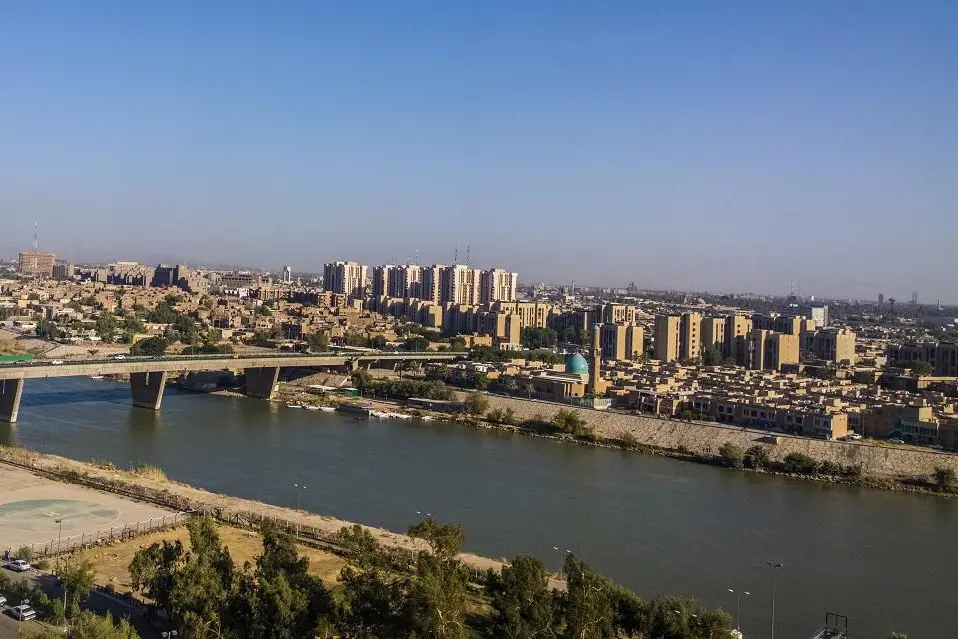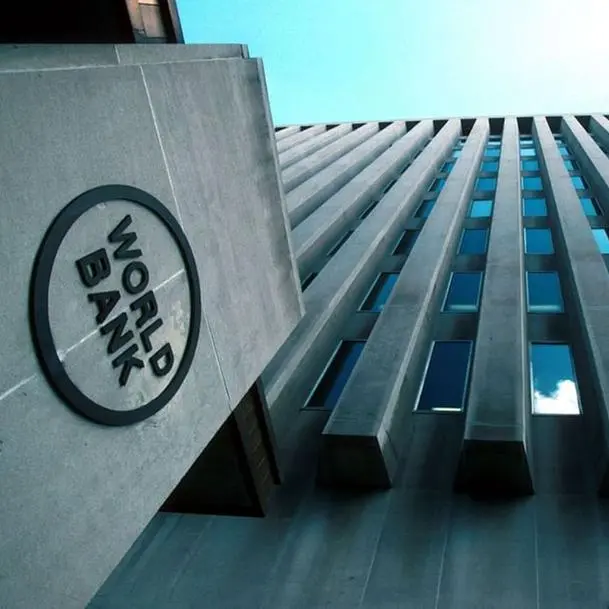PHOTO
Iraq has built up huge gaps in its social infrastructure in the areas of education, health and housing due to chronic underspending, a top Iraqi official said.
Mudher Mohammed Saleh, financial advisor to the Iraqi government told Zawya Projects that 40 years of sanctions and conflicts and underspending on social infrastructure has led to situation where the country is barely spending 1/5th of what it used to spend in the 1960s.
He also added that government investment accounts for a whopping 75 percent of the funding for social infrastructure development due to poor private sector involvement.
Saleh said shortage of schools is in the range of 10,000-12,000 while for housing units, it is nearly 2 to 2.5 million, and government health services cover only 12 percent of Iraq’s population.
“The war with ISIS during 2014-2017 period had affected 40 percent of the country’s area and resulted in losses of about $88 billion including destroyed infrastructure but the Kuwait reconstruction conference in 2018 managed to raise only $30 billion, mainly in terms of investment loans and guarantees,” he said.
Moreover, only 10 percent of these pledges came through in the form of soft loans from the World Bank, the European Union, and some friendly countries.
“While the Kuwait Conference was a moral vindication of Iraq’s war on behalf of the world against the ISIS, it could not deliver on its development promises other than small amounts of money,” Saleh said.
He emphasised the existing shortfalls in social infrastructure need urgent attention since Iraq is also experiencing one of the highest population growth rates in the world at 2.6 percent annually.
He suggested that the government could regulate and re-direct private investment from financial speculation and quick profit commercial activities into the more productive industrial, agricultural and services sectors that will generate jobs and incomes, and reduce dependence on oil and gas sector while freeing up government funds for social infrastructure investments.
(Writing by Majda Muhsen; Editing by Anoop Menon)
Disclaimer: This article is provided for informational purposes only. The content does not provide tax, legal or investment advice or opinion regarding the suitability, value or profitability of any particular security, portfolio or investment strategy. Read our full disclaimer policy here.
© ZAWYA 2021




















